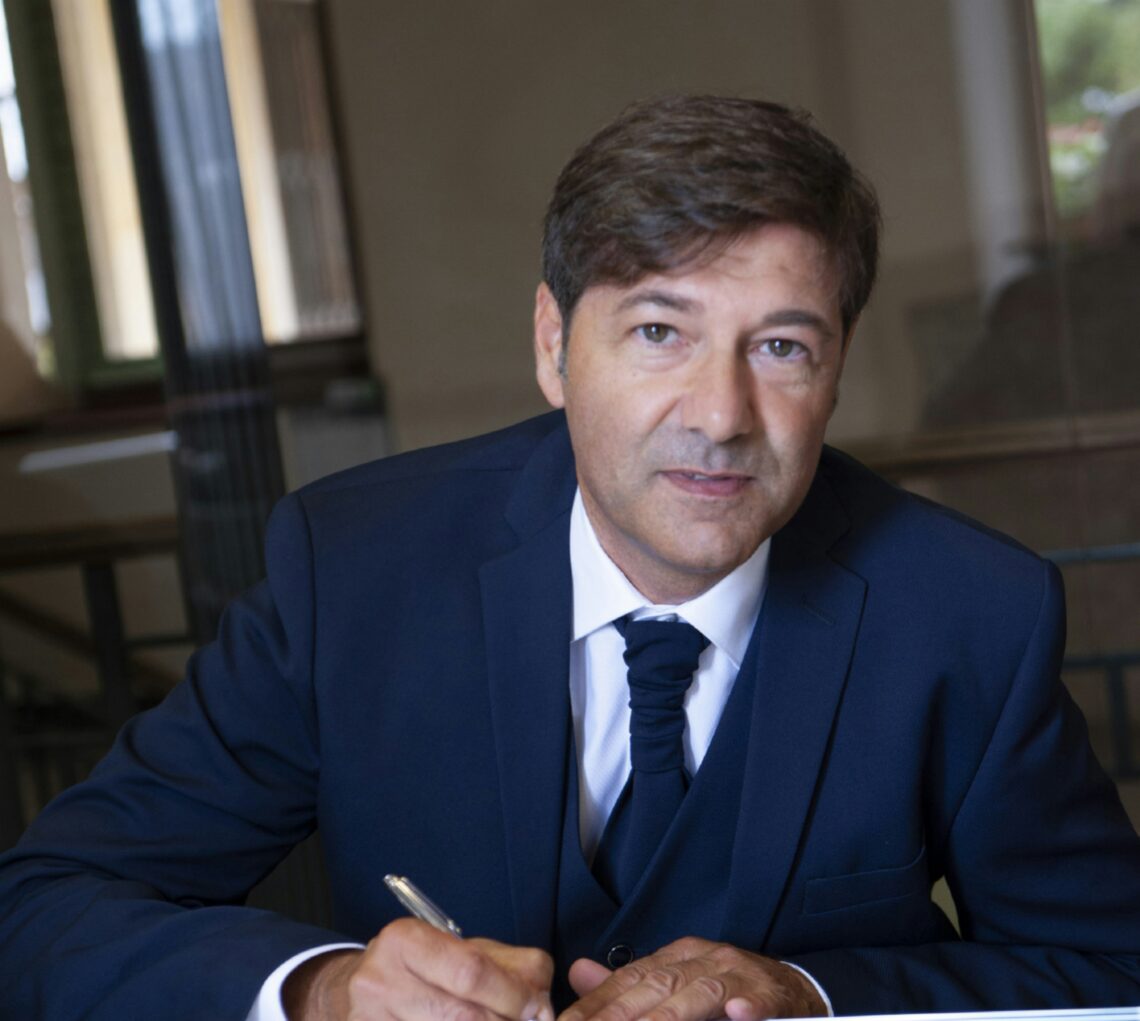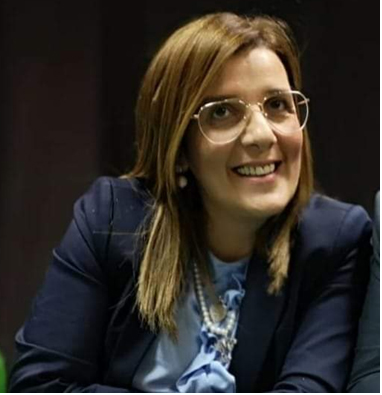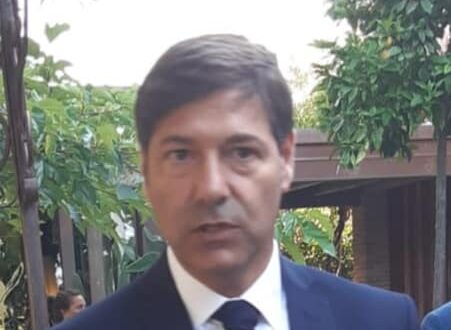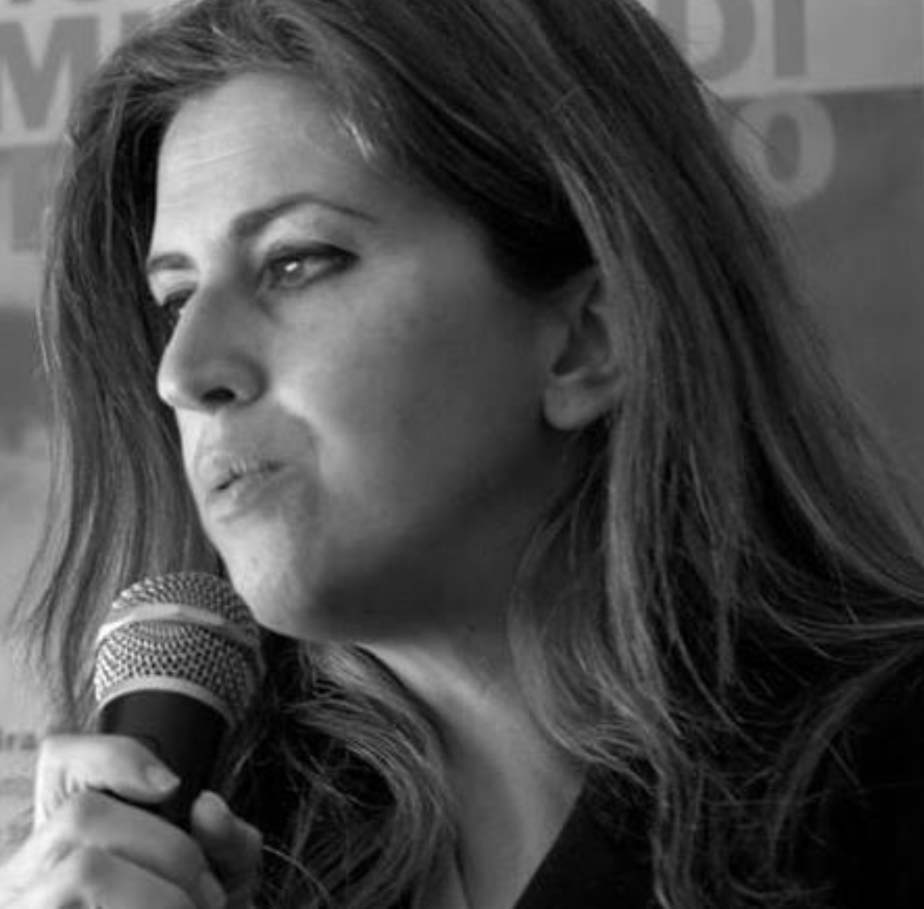
The Pedagogist Massimo Luciano Sidoti:
“Building peace is the work of education. Listening to the emotions of children in the face of war”
By Massimo Luciano Sidoti – The kid is the peace teacher, who is the most expert, as a pure being, we can find in him the mystery of a goodness that exists at the bottom of the soul.
There, is the origin of the knowledge that ultimately interests us.
While the conflict resolution is the task of politics, the peace construction is an educational task, not limited nor limitable to formal education agencies and practices, but it is a general orientation that invests human life in all its aspects.
Peace is not built by talking about war or peace in the sense of exhortation, nor by rewriting and revising history in a more or less pacifist sense, but thinking about the preconditions to build the peace.
We cannot limit ourselves celebrating the day of remembrance, but we must actively work so that discrimination and hate do not occur in everyday life.
To achieve the peace in the world, two things are needed; first of all, a new man, the best man; and then, an environment that has no longer limits in face of man’s infinite desire. The pedagogical purpose (oriented to give meaning to education) of building new human consciousnesses and a new living environment is then declined, again in general terms, by distinguishing the task of politics from the task of education. Education as an effective practice and co-builder of peace cannot be sectorial (neither from a disciplinary point of view, nor from a geographical-national one), but must take place in the world and be open to it, in the broadest sense of the term.
In these hours it is almost impossible to keep children away from information, from the news of the terrible events in Ukraine. However, completely hiding and censoring current events is not the recommended method.
Understanding what their doubts and questions swirling in their heads allow us to help them understand what is happening. Leaving them alone would mean not providing them with a compassionate and humanitarian understanding key. First of all, we need to put ourselves in listening mode by addressing the discourse of war starting from emotions. Asking children how they feel.
Thus, dealing with emotions, even the negative ones, inviting the child to draw what he feels and to ask him later the meaning of the shapes. Or you can ask the little ones if they remember a movie with the same theme. It could be an opportunity to review it together and stop to think on the moral it conveys. Making the little ones understand what is at the basis of the peace that they experience every day, which means love and empathy towards others, not only serves to deal consciously with the discourse on war, it serves to raise a kind and loving child who does not use violence to prevail over others. One step at a time, one citizen at a time, a better world can be built. We start from this, from the concept of empathy and closeness with those who are afraid and are suffering.
Only by becoming aware of this schizophrenic condition will it then be possible to establish what contribution education can make and what can be concretely done on an educational level to build a world of peace.
Building peace is the work of education. It is urgent to make people understand the need for a concerted and collective effort also for the construction of peace. Peace-building education cannot be limited to school: it is a work of universal scope. It does not consist only in a reform of man, which permits the inner development of the human personality, but it is also an orientation towards the scope of humanity and the present conditions of social life.
It is evident that an education aimed at founding peace cannot consist only in the search for the means capable of removing the child from the suggestions of war. It would not be enough to instill in the child love and respect for all living beings, and for all the things they have built through centuries of civilization. All this would only constitute the scholastic part of a larger attempt.
A feeling of universal belonging is needed, not only of man to man, but also of man to the world: a sporadic and temporary “universal charity”, which awaits the recognition of help and then finish. If we educate children to perceive universal charity, they could prepare themselves for gratitude towards all humanity. This is an emotional part of our «cosmic education» . Education as a practice must take place in the world and be open to it, in the broadest sense of the term, and educational action must begin from childhood.
Continua la lettura su: https://www.orizzontescuola.it/il-pedagogista-sidoti-costruire-la-pace-e-opera-delleducazione-ascoltare-le-emozioni-dei-bambini-davanti-alla-guerra/ Autore del post: Orizzonte Scuola Fonte: http://www.orizzontescuola.it



